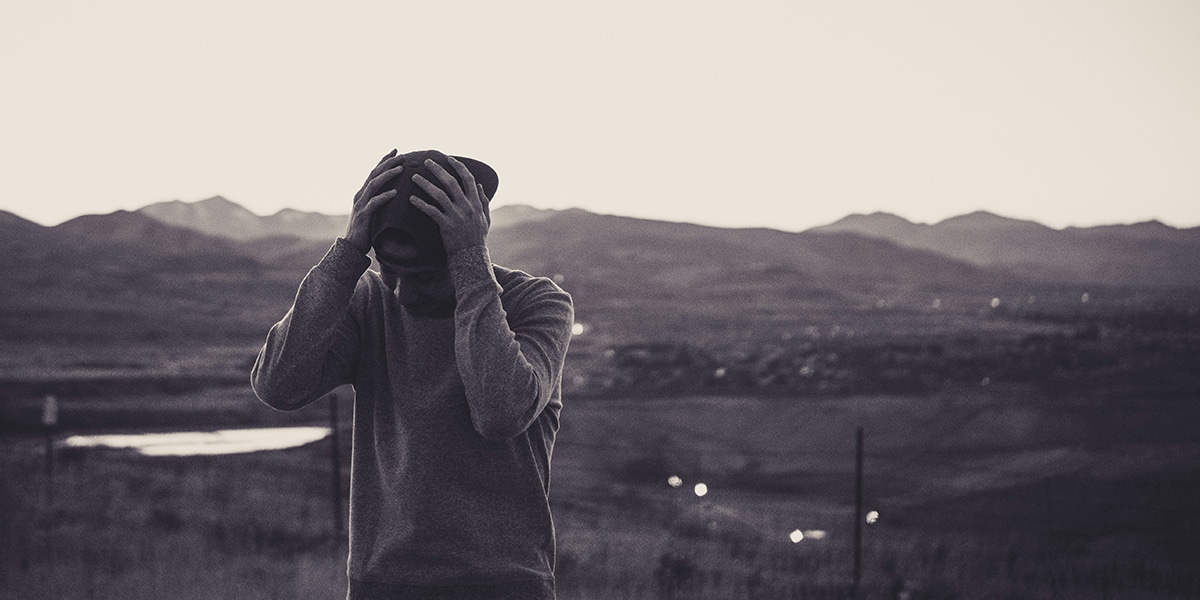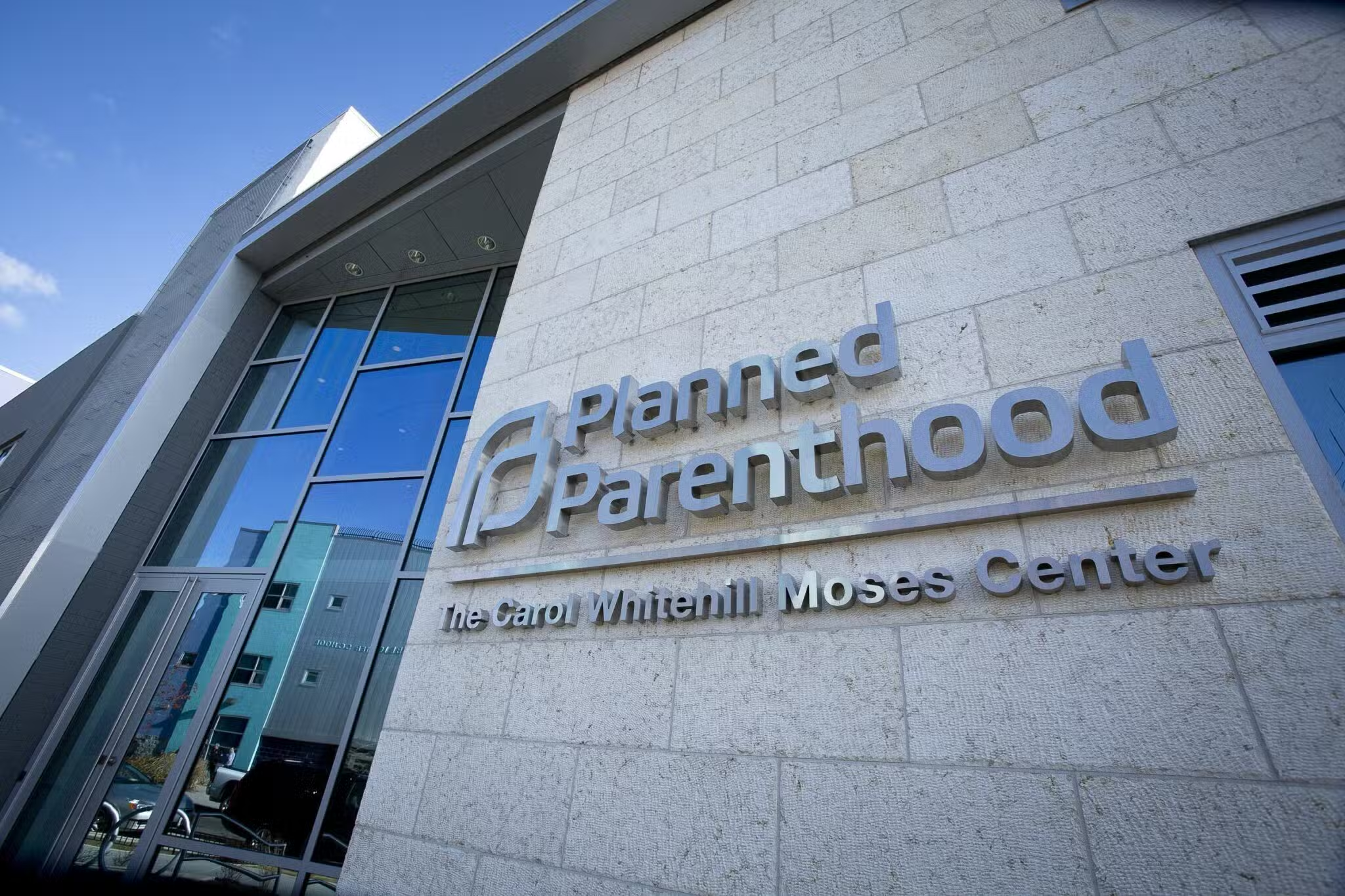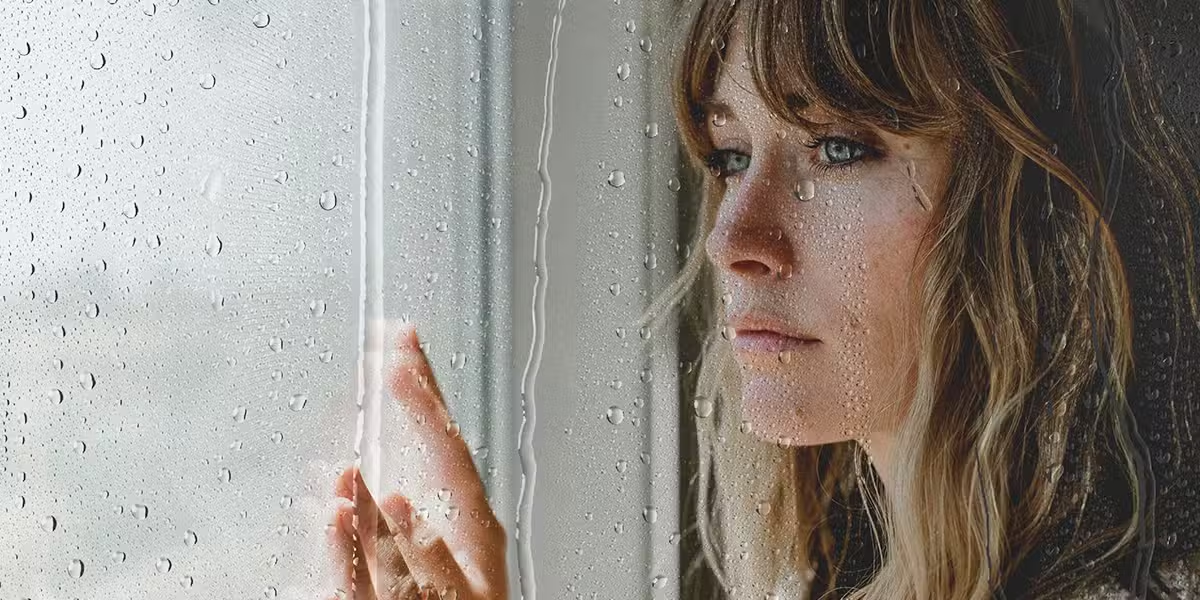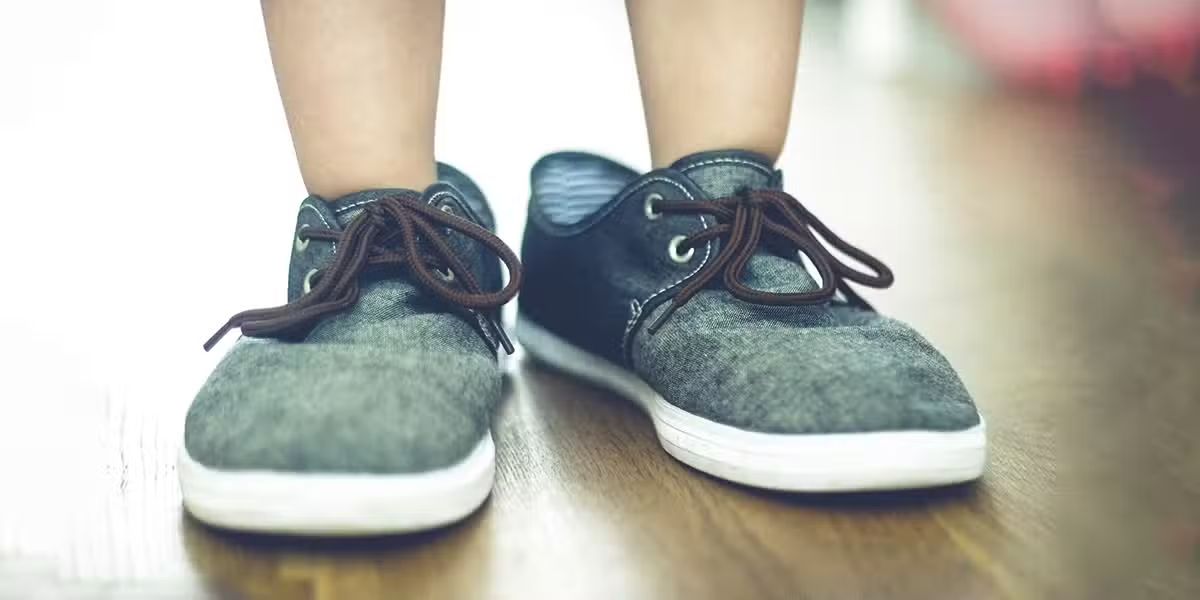NEW YORK (CNS) — In early March, I sat with two other New York City emergency medicine colleagues as part of an interfaith sharing at Fordham University, “Where Faith and Medicine Intersect.”
A Jewish physician, a Muslim physician assistant and I, a Roman Catholic religious sister and physician assistant, shared the moments where our faith intersects in our medical practice. Our hospital in New York City serves the underserved. We spoke of the importance of prayer and how important it is in our work every day. A cycle of prayer, ministry, prayer kept us grounded in the cases we encountered.
Since then, our lives and medical practice have changed drastically. Experiences where human touch were used in respect, compassion, assurance and healing were tempered as the threat of the coronavirus (the cause of COVID-19) loomed.
In the days that followed I thought, “At least if people can’t feel my touch, they can see the warm, compassion, concern and regard in my face.” And so, I worked at really being present and letting my facial features act in the physical way. Now, I wear a mask that is suffocating and muffles my voice as it covers both my mouth and nose — over half of my face — and I pray to God that the compassion, regard and concern I hold for my patients at this time is expressed in my eyes. That is all I have now.
In midst of my own physical limitations of healing — my touch and facial expressions — I am being asked to see patients who may very well have COVID-19 but are not “sick enough” to get tested. I talk with them, hear their fears and validate their concerns for their health and the health of their family. I examine them and try to reassure them as much as I can before I give them very strict instructions as I send them home to “be” with others. We are now far enough into the experience of the virus to know that most of these patients will get better, but some will get worse, needing to be intubated, and some may even die. Patients that I have sent home may come back and die.
This is a new reality for me in medicine as I have always prided myself on doing the very best for my patients and really going the extra mile. I have advocated for patients who have nothing. Now there are times I feel like I have very little to offer. The reality of shortages of tests, resources and the deep desire for people to get out of the hospital if they are not sick enough to be there has brought me to a different level of medical care.
The guilt is overwhelming. Have I provided the correct treatment? What if I bring this home to the people I live with? What if I am the reason people get sick? Then there is the guilt I feel when reassuring my family and congregation members that I am doing everything I can to protect myself, when I live with the reality that protective materials are not always available. I feel guilty for assuring people I will be all right.
The reality of health care during this virus is that treatments that have saved lives in the past cannot be used because they would spread the virus. Breathing treatments that have saved people’s lives in the past cannot be used because these very same treatments would spread the virus. Now the only option for patients who need help breathing is to put them on a respirator. That protects their airway, helps them breathe and protects those around them after they are intubated.
Families may come to the hospital with the patient, but they are encouraged to turn away at the door and wait to hear by phone about their loved one. If they do stay — under a big threat for their own safety, sitting amidst other patients waiting for treatment — we can give updates, but they are not allowed to see the patient. This is heart-wrenching. Admitted patients are sent upstairs and can only connect by phone. Those who are intubated can only listen. The loss of physical touch and presence is now overwhelming. I know deep in my heart the days ahead will require dire need and difficult decisions.
I pray with deep desire these days. I pray all day. My prayer is like it has never been before; real and dire, filled with petition for those I have treated and for those I love. Prayers for those who will die alone and prayers for those who love them. I pray for my family’s safety and my religious congregation — for time to be with them all again. My prayer also includes prayers for me and my co-workers as we battle each day. We battle a war we never signed up to fight and an enemy we are learning small bits about each day with every new patient.
The landscape continues to change drastically as the virus progresses. Our days are filled with stress and our loved ones worry terribly about us. People we have worked with have died, and each death makes the threat real. One man to whom I was very close, our custodian, had only six months of retirement. He deserved so much more.
We are intubating more and more patients — and they are not normal intubations, so we are learning how to adapt. Respiratory therapy is being called constantly all over the hospital as empty spaces and more rooms are made available for patients. Whenever a room opens up for one of our patients waiting in the Emergency Department, or ED. I say a prayer for whoever was in that room and their family.
And I think of the Sunday Gospel of Lazarus at the tomb — “And Jesus wept.” I know Jesus weeps with me in my quiet moments. So many of my co-workers say what a relief the tears are these days. Even our crying has to be sterile, as I would never want to touch my face with infected hands.
I know that the Lord is my shepherd and that my head is anointed with oil each time I am at work. Ministry now has a meaning I would never have conceived of 20 years ago when I started my ministry. And I deeply feel the presence of Jesus.
There is an overwhelming, raw concern and regard for all of our staff — from environmental and clerical, to anesthesia, respiratory and the ED staff. We are so supportive of each other — wondering if there will ever be a time when our ED will be normal again? We are supportive to each other — sharing resources of prayer and meditation. We are solicitous of the ones who weren’t trained to deal with the death we are seeing these days. Everyone I know knows someone who has died or is fighting this illness.
Our greatest resource right now is ourselves, and so many people are praying. It is their prayers that get us through each shift. We continue to pray too, unceasingly as we worry about our physical and emotional health. Knowing in our hearts if we are standing there, we are fighting the fight and we will make it. The courage in our vulnerability is palpable and we are courage, WE ARE ONE.
By Sister Mary Catherine Redmond | Catholic News Service







News & Commentary
Providing care, prayer during COVID-19
NEW YORK (CNS) — In early March, I sat with two other New York City emergency medicine colleagues as part of an interfaith sharing at Fordham University, “Where Faith and Medicine Intersect.”
A Jewish physician, a Muslim physician assistant and I, a Roman Catholic religious sister and physician assistant, shared the moments where our faith intersects in our medical practice. Our hospital in New York City serves the underserved. We spoke of the importance of prayer and how important it is in our work every day. A cycle of prayer, ministry, prayer kept us grounded in the cases we encountered.
Since then, our lives and medical practice have changed drastically. Experiences where human touch were used in respect, compassion, assurance and healing were tempered as the threat of the coronavirus (the cause of COVID-19) loomed.
In the days that followed I thought, “At least if people can’t feel my touch, they can see the warm, compassion, concern and regard in my face.” And so, I worked at really being present and letting my facial features act in the physical way. Now, I wear a mask that is suffocating and muffles my voice as it covers both my mouth and nose — over half of my face — and I pray to God that the compassion, regard and concern I hold for my patients at this time is expressed in my eyes. That is all I have now.
In midst of my own physical limitations of healing — my touch and facial expressions — I am being asked to see patients who may very well have COVID-19 but are not “sick enough” to get tested. I talk with them, hear their fears and validate their concerns for their health and the health of their family. I examine them and try to reassure them as much as I can before I give them very strict instructions as I send them home to “be” with others. We are now far enough into the experience of the virus to know that most of these patients will get better, but some will get worse, needing to be intubated, and some may even die. Patients that I have sent home may come back and die.
This is a new reality for me in medicine as I have always prided myself on doing the very best for my patients and really going the extra mile. I have advocated for patients who have nothing. Now there are times I feel like I have very little to offer. The reality of shortages of tests, resources and the deep desire for people to get out of the hospital if they are not sick enough to be there has brought me to a different level of medical care.
The guilt is overwhelming. Have I provided the correct treatment? What if I bring this home to the people I live with? What if I am the reason people get sick? Then there is the guilt I feel when reassuring my family and congregation members that I am doing everything I can to protect myself, when I live with the reality that protective materials are not always available. I feel guilty for assuring people I will be all right.
The reality of health care during this virus is that treatments that have saved lives in the past cannot be used because they would spread the virus. Breathing treatments that have saved people’s lives in the past cannot be used because these very same treatments would spread the virus. Now the only option for patients who need help breathing is to put them on a respirator. That protects their airway, helps them breathe and protects those around them after they are intubated.
Families may come to the hospital with the patient, but they are encouraged to turn away at the door and wait to hear by phone about their loved one. If they do stay — under a big threat for their own safety, sitting amidst other patients waiting for treatment — we can give updates, but they are not allowed to see the patient. This is heart-wrenching. Admitted patients are sent upstairs and can only connect by phone. Those who are intubated can only listen. The loss of physical touch and presence is now overwhelming. I know deep in my heart the days ahead will require dire need and difficult decisions.
I pray with deep desire these days. I pray all day. My prayer is like it has never been before; real and dire, filled with petition for those I have treated and for those I love. Prayers for those who will die alone and prayers for those who love them. I pray for my family’s safety and my religious congregation — for time to be with them all again. My prayer also includes prayers for me and my co-workers as we battle each day. We battle a war we never signed up to fight and an enemy we are learning small bits about each day with every new patient.
The landscape continues to change drastically as the virus progresses. Our days are filled with stress and our loved ones worry terribly about us. People we have worked with have died, and each death makes the threat real. One man to whom I was very close, our custodian, had only six months of retirement. He deserved so much more.
We are intubating more and more patients — and they are not normal intubations, so we are learning how to adapt. Respiratory therapy is being called constantly all over the hospital as empty spaces and more rooms are made available for patients. Whenever a room opens up for one of our patients waiting in the Emergency Department, or ED. I say a prayer for whoever was in that room and their family.
And I think of the Sunday Gospel of Lazarus at the tomb — “And Jesus wept.” I know Jesus weeps with me in my quiet moments. So many of my co-workers say what a relief the tears are these days. Even our crying has to be sterile, as I would never want to touch my face with infected hands.
I know that the Lord is my shepherd and that my head is anointed with oil each time I am at work. Ministry now has a meaning I would never have conceived of 20 years ago when I started my ministry. And I deeply feel the presence of Jesus.
There is an overwhelming, raw concern and regard for all of our staff — from environmental and clerical, to anesthesia, respiratory and the ED staff. We are so supportive of each other — wondering if there will ever be a time when our ED will be normal again? We are supportive to each other — sharing resources of prayer and meditation. We are solicitous of the ones who weren’t trained to deal with the death we are seeing these days. Everyone I know knows someone who has died or is fighting this illness.
Our greatest resource right now is ourselves, and so many people are praying. It is their prayers that get us through each shift. We continue to pray too, unceasingly as we worry about our physical and emotional health. Knowing in our hearts if we are standing there, we are fighting the fight and we will make it. The courage in our vulnerability is palpable and we are courage, WE ARE ONE.
By Sister Mary Catherine Redmond | Catholic News Service